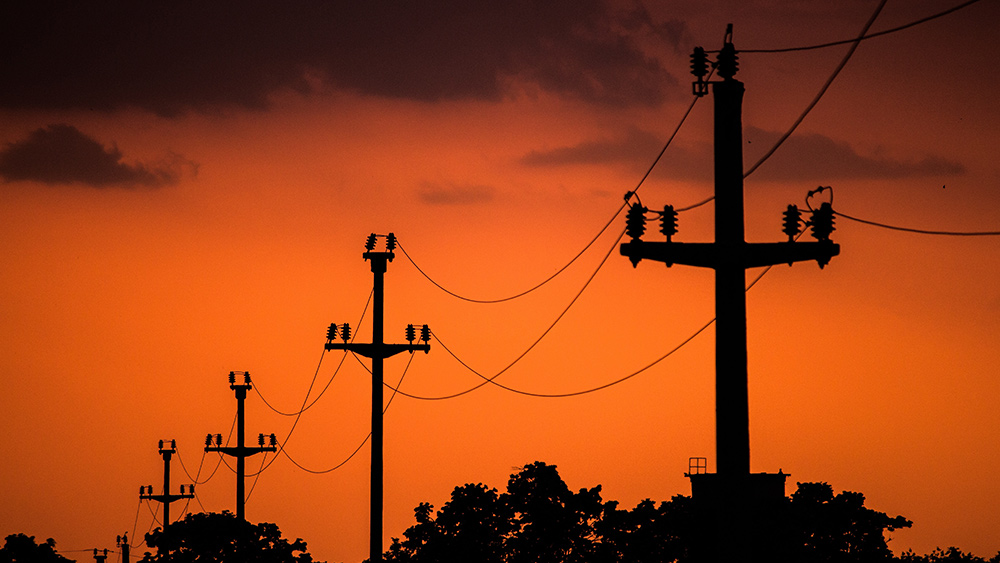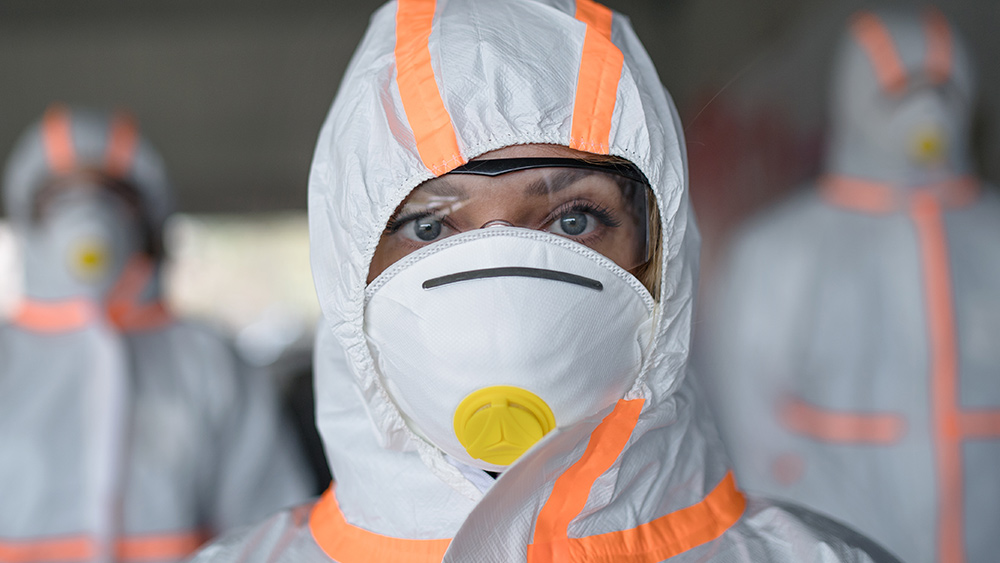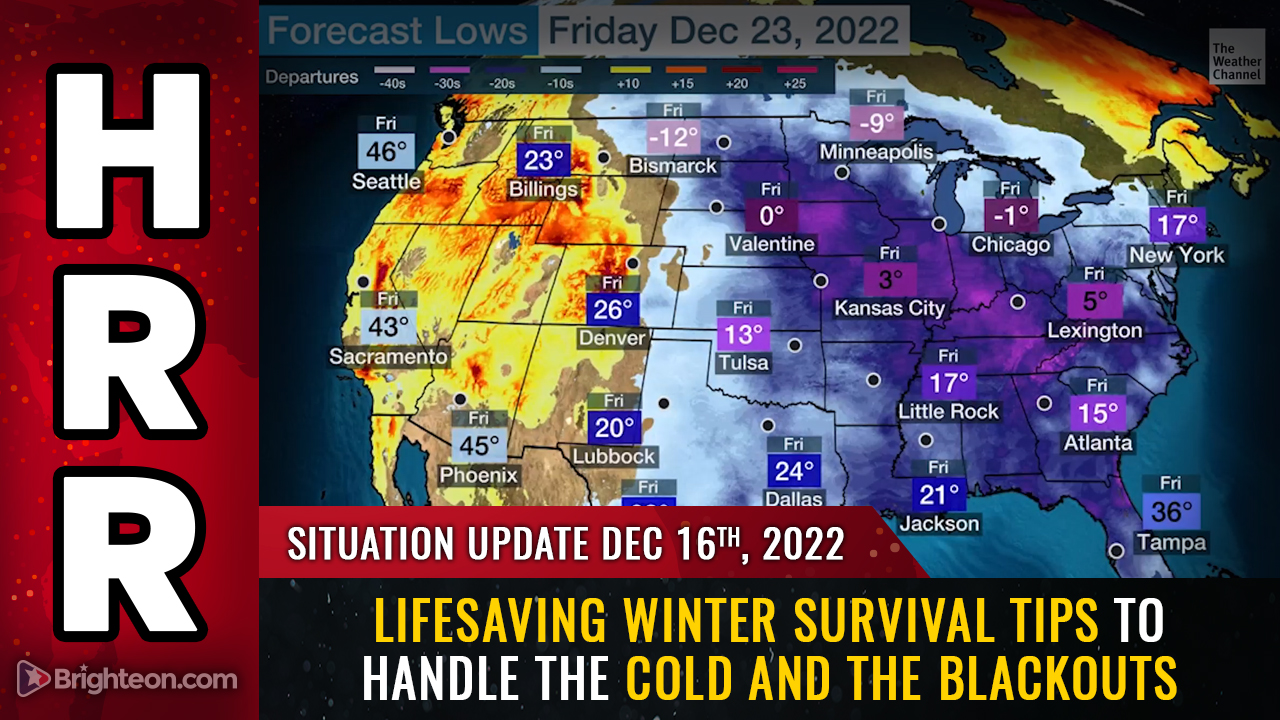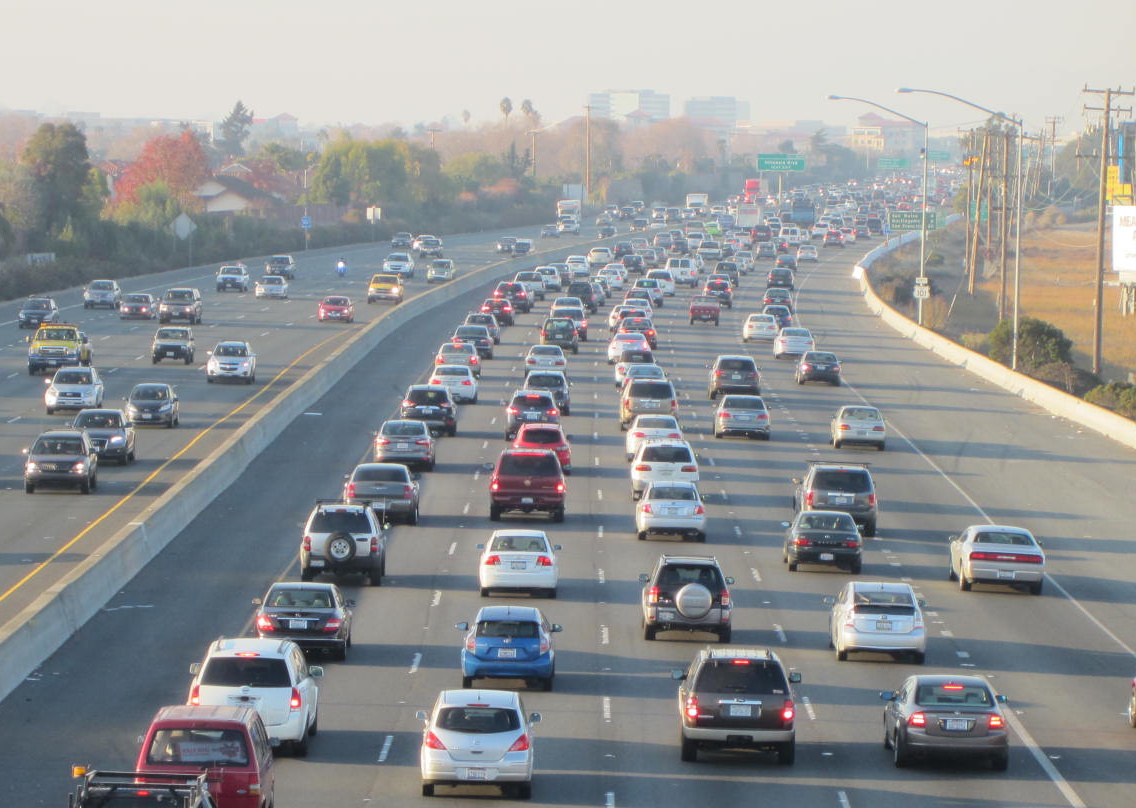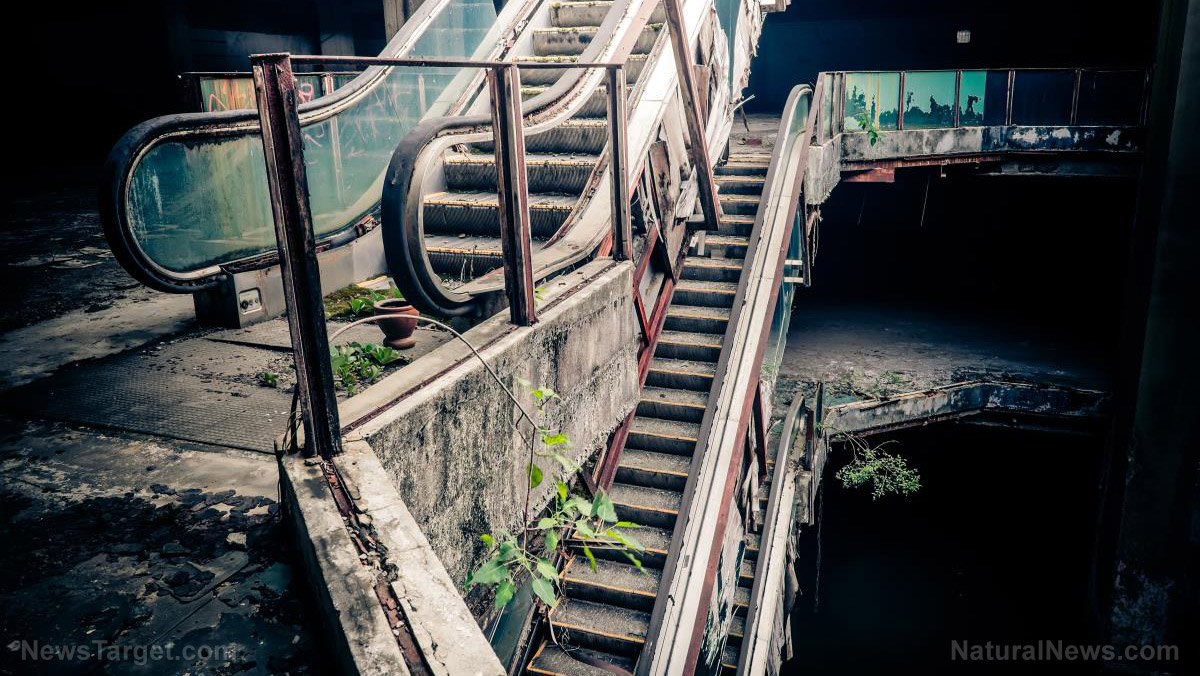Study: Yellowstone supervolcano holds TWICE the magma previously believed
12/09/2022 / By Kevin Hughes
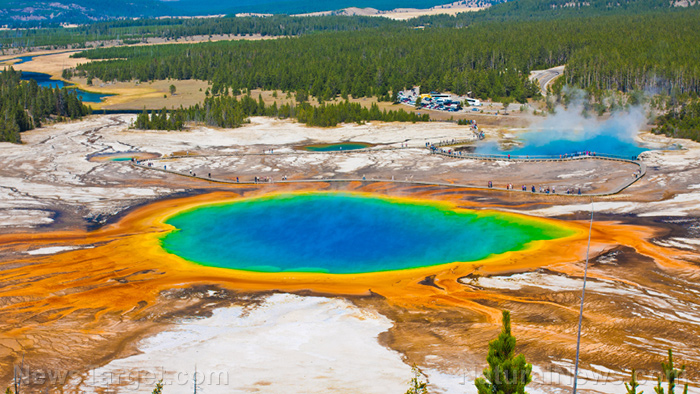
A study has determined that the Yellowstone supervolcano holds twice the amount of magma than previously believed.
The volcano at Yellowstone National Park in Wyoming and Montana sits atop a huge reserve of molten rock and last erupted 640,000 years ago. It is one of the world’s largest active continental silicic volcanic fields. Silicic is used to describe magma or igneous rock rich in silica.
Researchers stumbled upon this finding by examining ground vibrations to create 3D images of Yellowstone’s magma chamber. Earlier images only showed a low concentration of 10 percent. However, the latest finding observed that the volcano’s caldera contains 16 to 20 percent magma.
Min Chen, assistant professor at Michigan State University (MSU), assuaged people’s fears by insisting that result of the study “does not indicate a future eruption is likely to occur.” She said in a statement: “Any signs of changes to the system would be captured by the network of geophysical instruments that continuously monitors Yellowstone.”
Unfortunately, Chen never got to see the final results as she unexpectedly died last year.
The images were created by Ross Maguire, a postdoctoral researcher at MSU, who used the technique known as seismic tomography to create the images. But they were not clear enough to truly determine magma capacity. He used Chen’s 3D modeling technology to map out the magma correctly.
“We found that it’s likely that Yellowstone’s crustal magma reservoir holds more melt than previously was thought,” Maguire said, adding that there is up to 20 percent melt at shallow depths. “We didn’t see an increase in the amount of magma. We just saw a clearer picture of what was already there.”

Yellowstone eruption could be 1000x 1980’s Mount St. Helens
According to Kari Cooper of the University of California Davis, the buildup of magma at Yellowstone is comparable to a “snow cone” that has both a solid and liquid component.
She added that based on the results, it is probable there are some small- and moderate-sized bodies of magma beneath Yellowstone that could be assembled and released.
Maguire said Yellowstone earns a lot of attention because of the possibility for “catastrophic, explosive eruptions” that could cover the U.S. in a “nuclear winter.” (Related: Yellowstone Volcano will not erupt soon, according to latest USGS report.)
Back in 2015, volcanologists said a Yellowstone eruption could be a thousand times as powerful as that of Mount St. Helens in 1980, which was often described as the most disastrous volcanic eruption in U.S. history.
An in-depth report by HowStuffWorks magazine explained that if the volcano were to blow, a combination of magma, rocks, vapor, carbon dioxide and other gases would thrust out from the ground, making a dome shape with cracks. The dissolved gases would then blow up and release magma over the park.
Experts say the eruption could kill as many as 90,000 people almost immediately and unleash a 10-foot-tall layer of molten ash 1,000 miles from the park.
“The ash would block off all points of entry from the ground, and the spread of ash and gases into the atmosphere would stop most air travel, just as it did when a much smaller volcano erupted in Iceland in 2010,” the magazine reported.
“Sulfuric gases released from the volcano would spring into the atmosphere and mix with the planet’s water vapor. The haze of gas that could drape the country wouldn’t just dim the sunlight – it also would cool temperatures.”
Follow Ecology.news for more news about the Yellowstone supervolcano and others like it.
Watch this video that explains what will happen if Yellowstone erupts.
More related stories:
Emergency preparedness: How to prepare for the Yellowstone Caldera eruption.
Scientists speculate that uptick in California earthquakes might trigger Yellowstone supervolcano.
Yellowstone Supervolcano hit by 43 earthquakes in April, sparking fears of impending eruption.
“Tree kill zone” in Yellowstone National Park hints at new magma activity below the surface.
Sources include:
Submit a correction >>
Tagged Under:
breakthrough, disaster, discoveries, Ecology, environment, eruption, igneous rock, Kari Cooper, magma, Min Chen, Montana, nuclear winter, Ross Maguire, silica, silicic volcanic fields, supervolcano, Wyoming, Yellowstone, Yellowstone National Park
This article may contain statements that reflect the opinion of the author
RECENT NEWS & ARTICLES
COPYRIGHT © 2017 COLLAPSE.NEWS
All content posted on this site is protected under Free Speech. Collapse.news is not responsible for content written by contributing authors. The information on this site is provided for educational and entertainment purposes only. It is not intended as a substitute for professional advice of any kind. Collapse.news assumes no responsibility for the use or misuse of this material. All trademarks, registered trademarks and service marks mentioned on this site are the property of their respective owners.

